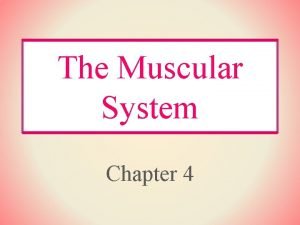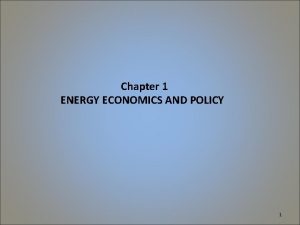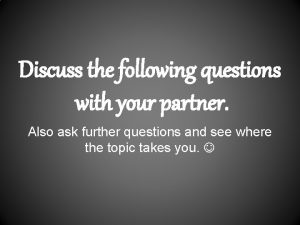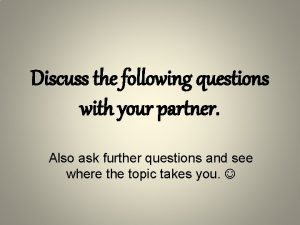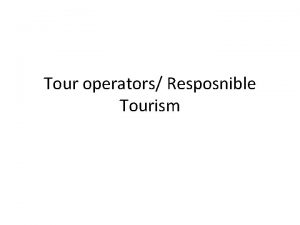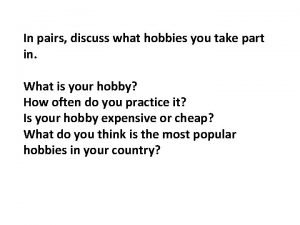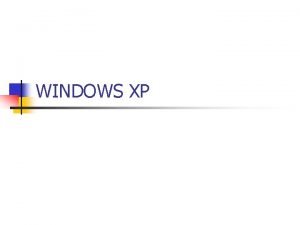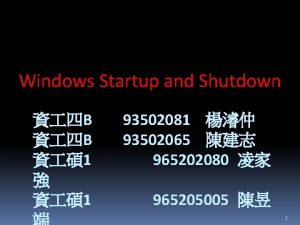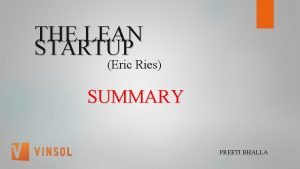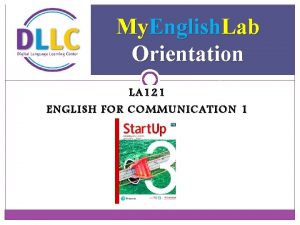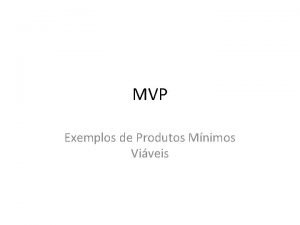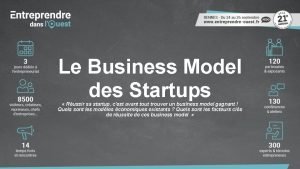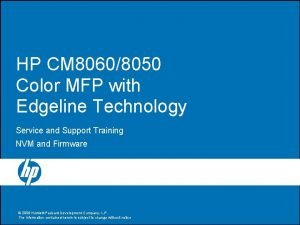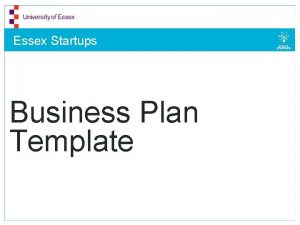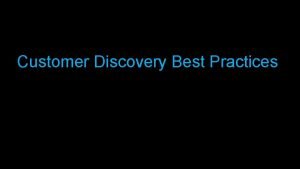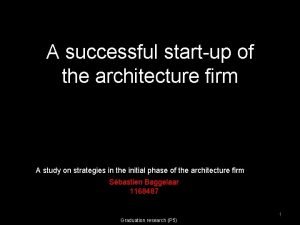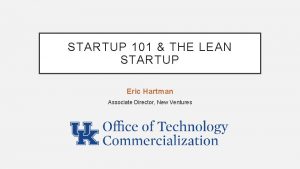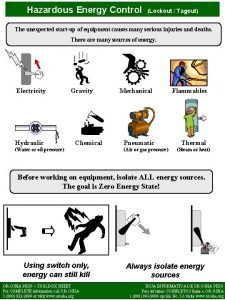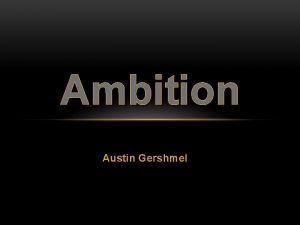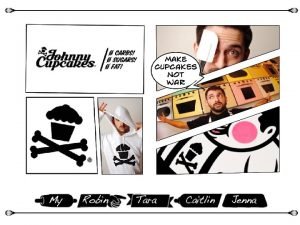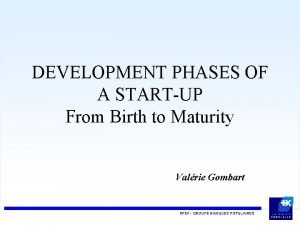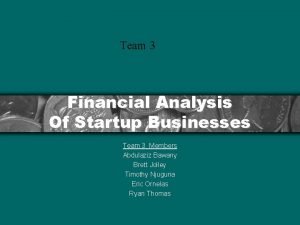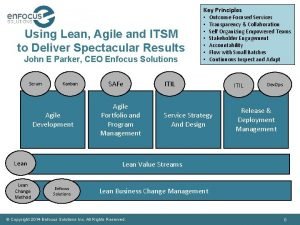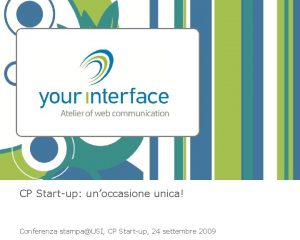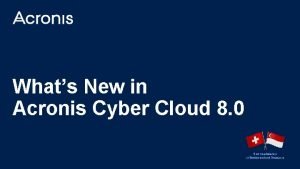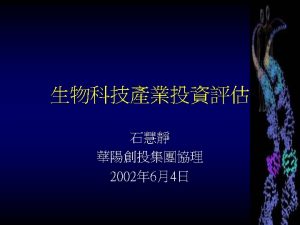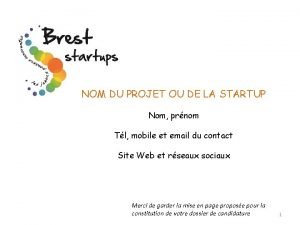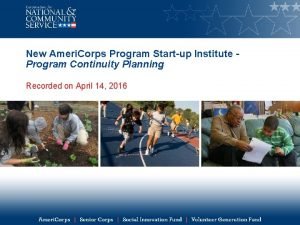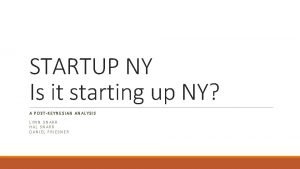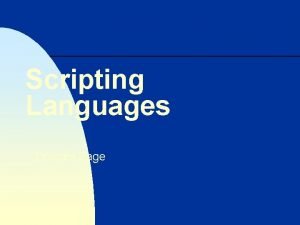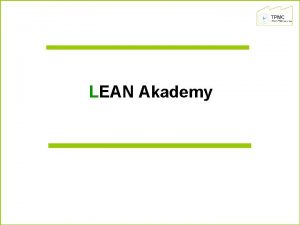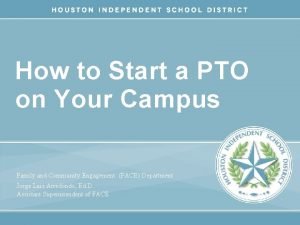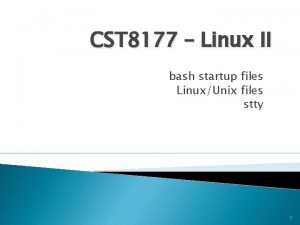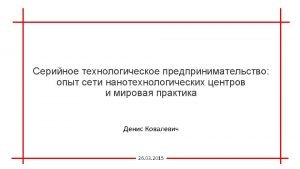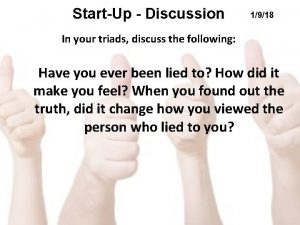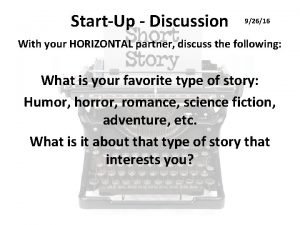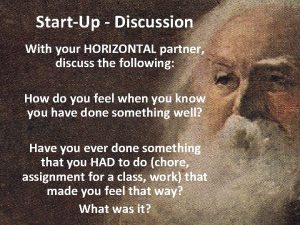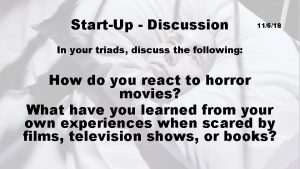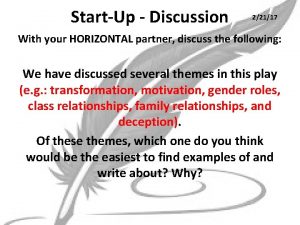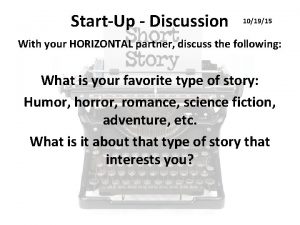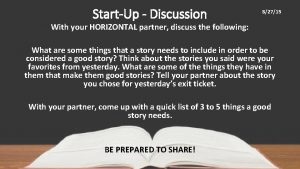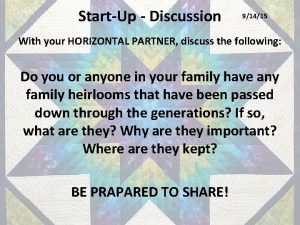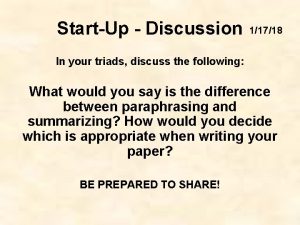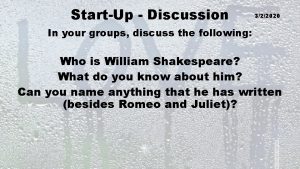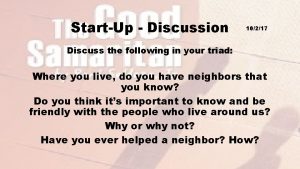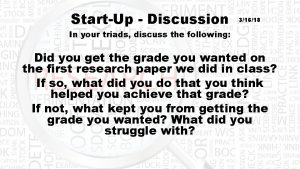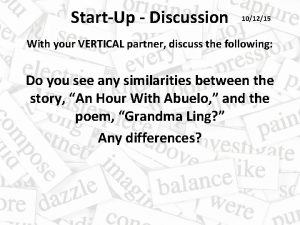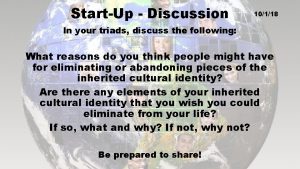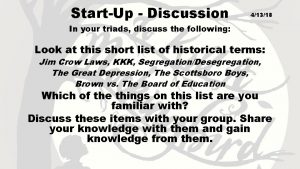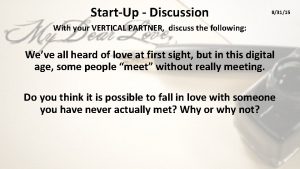StartUp Discussion 81919 In your quads discuss the


















































































- Slides: 82

Start-Up - Discussion 8/19/19 In your quads, discuss the following: What is PLAGIARISM? Define it in your own words and think of as many examples as you can. Share these in your quads! BE PREPARED TO SHARE!

Start-Up - Writing 8/19/19 Now write about the following: What is PLAGIARISM? Define it in your own words and think of as many examples as you can. Share these in your quads!

Unit Objectives 1 - By the end of the unit, students will be able to cite strong and thorough textual evidence to support analysis of what the text says explicitly as well as inferences drawn from the text. CCSS. ELA-LITERACY. RI. 9 -10. 1

Unit Objectives 2 - By the end of the unit, students will be able to write arguments to support claims in an analysis of substantive topics or texts, using valid reasoning and relevant and sufficient evidence. CCSS. ELA-LITERACY. W. 9 -10. 1

Unit Objectives 3 - By the end of the unit, students will be able to delineate and evaluate the argument and specific claims in a text, assessing whether the reasoning is valid and the evidence is relevant and sufficient; identify false statements and fallacious reasoning. CCSS. ELA-LITERACY. RI. 9 -10. 8

Today’s Objective By the end of the lesson, students will be able to: Define terms related to proper citation of sources, identify instances where a citation is necessary, and create properly formatted MLA citations in writing. CCSS. ELA-LITERACY. W. 9 -10. 8

Pre-Quiz • Go to Google Classroom and click the link for the Plagiarism and Citation Pre-Quiz. • Take the quiz.

PLAGIARISM is… N I G E’S N I S N L R E TU ONE OUR E AS Y M SO RKS ! N WO OW copying so many words or ideas from a source that it makes up the majority of your work, whether you give credit or not. givin failing to pu ta quota tion in tion m arks g in corr ect the info sou rma rce of a tion quo abo tatio ut e h t g n i y n but cop ds r o w g n copyi from s a e d i or se l e rds o e rce n u w o o g s e n i a m g f o n s eo ha r c g u t n i c v u i r t g t es it c d n e e r t c n withou g e s ivin g t t u i o d h e cr wit Allowing someone to copy your work.

Why Is Plagiarism Wrong? • On the paper provided to your group, you will be discussing and answering the questions on the sheet in front of you. • As a group, you will discuss and answer the questions, but each member must write answers on their own sheet.

GROUP QUESTIONS • Why is it wrong? • Why should I not participate? • What should happen to those caught cheating/plagiarizing? • Who does it hurt? • How does this affect my reputation? Other’s trust in me?

SCENARIOS • Now you will have another chance to practice what we have been discussing. • Go to Google Classroom and open the document titled “Plagiarism Scenarios. ” • On that page, you will find different situations that could come up during the year. • Your job is to read the scenario and answer the question that comes with it.

SCENARIOS • • • Scenario 1: My friend asks me to share an assignment with them. What should I do? Scenario 2: You are behind on your assignment in English class. Your friend offers you their assignments just to “see what they wrote” not to “copy”. What should you do? Scenario 3: You are working with your group on an assignment, but honestly, your really aren’t into this one. You ask your group member to pick up your portion of the assignment. What should your group member tell you? Scenario 4: You are working on a research paper and you are using information from a source, but you have forgotten which source the information came from. You are tempted to skip the citation or just cite it with a made up name and page number. What should you do instead? Scenario 5: You are doing a google search for information for an essay and you find a website that offers to SELL essays and research papers. One of them is on the exact topic you chose. Should you go for it? Why or why not? What do you think COULD happen if you did?

Homework Complete the Plagiarism scenario questions. This is DUE TOMORROW BY 7: 00 a. m.

Exit Ticket 8/19/19 Write about the following: Three things I have learned from this assignment on plagiarism? Three steps I will take to ensure I do not participate.

Start-Up - Discussion 8/20/19 In your triads, discuss the following: Have you ever had someone steal something from you? How did it make you feel? What do you think is an appropriate consequence for stealing? BE PREPARED TO SHARE!

Start-Up - Writing 8/20/19 Now write about the following: Have you ever had someone steal something from you? How did it make you feel? What do you think is an appropriate consequence for stealing?

Unit Objectives 1 - By the end of the unit, students will be able to cite strong and thorough textual evidence to support analysis of what the text says explicitly as well as inferences drawn from the text. CCSS. ELA-LITERACY. RI. 9 -10. 1

Unit Objectives 2 - By the end of the unit, students will be able to write arguments to support claims in an analysis of substantive topics or texts, using valid reasoning and relevant and sufficient evidence. CCSS. ELA-LITERACY. W. 9 -10. 1

Unit Objectives 3 - By the end of the unit, students will be able to delineate and evaluate the argument and specific claims in a text, assessing whether the reasoning is valid and the evidence is relevant and sufficient; identify false statements and fallacious reasoning. CCSS. ELA-LITERACY. RI. 9 -10. 8

Today’s Objective By the end of the lesson, students will be able to: Define terms related to proper citation of sources, identify instances where a citation is necessary, and create properly formatted MLA citations in writing. CCSS. ELA-LITERACY. W. 9 -10. 8

MLA Citation – The Why • REASON #1: TO MAKE YOUR RESEARCH CREDIBLE – When writing, it is easy to say what you think to be true, or what you believe will happen. Your reader, however, may disagree, or may not understand your point. Citing scholarly, reputable sources can only enhance the message of your paper, and adds overall credibility to your writing. • REASON #2: TO SHOW YOU KNOW WHAT YOU’RE TALKING ABOUT – Your teacher gives you an assignment and expects you to do it. Finding credible sources, incorporating the material into your own paper, and citing the sources not only shows that you are knowledgeable about the subject matter and content, but also shows that you did what you were tasked with doing.

MLA Citation – The Why • REASON #3: TO GIVE CREDIT WHERE CREDIT IS DUE – Chances are, the researchers and scholars you quote in your own work have spent countless hours and numerous years developing their work. Why would you not give them the credit they deserve? The work of other researchers is available for all to use as they see fit and necessary, but remember to give the credit to the person who deserves it. • REASON #4: TO SERVE AS A REFERENCE FOR OTHERS – The sources listed at the end of your writing can serve as a resource for others who may be interested in the same topic as you. With your properly cited paper, any one should be able to locate the sources you used.

MLA Citation – The Why • Plagiarism – The use of someone else’s research or information without proper citation. • Accidental Plagiarism – Using someone else’s research or information and citing improperly. • Intentional Plagiarism – Knowingly copying someone else’s research or information and claiming it as your own with no attempt to give them credit.

MLA Citation – The Why ANY PLAGIARISM, WHETHER ACCIDENTAL OR INTENTIONAL, IS CONSIDERED CHEATING AND MAY RESULT IN: • A point deduction equal to ONE FULL LETTER GRADE (for Accidental Plagiarism). • A ZERO on the assignment with no opportunity to reclaim that grade (for Intentional Plagiarism). • A possible disciplinary referral (for intentional plagiarism).

MLA Citation – The When ANY TIME YOU WRITE SOMETHING DOWN THAT YOU DID NOT KNOW BEFORE YOU STARTED READING/ RESEARCHING, OR THAT IS NOT CONSIDERED COMMON KNOWLEDGE… YOU MUST CITE!!!

MLA Citation – The When Common Knowledge • Knowledge that is known by everyone or nearly everyone, usually with reference to the community in which the term is used. • Common knowledge need not concern one specific subject, e. g. , science or history. Rather, common knowledge can be about a broad range of subjects, such as science, literature, history, and entertainment. • Often, common knowledge does not need to be cited.

MLA Citation – The When • Example: I am writing a research paper on the Labor Day holiday. • In my paper, I write the following: Labor Day is celebrated on the first Monday in September. Do I need to cite? ? ? Yes or No? ? ? (Discuss in groups) NO This is an example of something that would be considered common knowledge.

MLA Citation – The When • Example: I am writing a research paper on the Labor Day holiday. • In my paper, I used the following information: “It was created by the labor movement in the late 19 th century and became a federal holiday in 1894. ” Do I need to cite? ? ? Yes or No? ? ? (Discuss in groups) YES This is a DIRECT QUOTE from an article, and it is something that I DID NOT KNOW before I started researching/reading.

MLA Citation – The When • Example: I am writing a research paper on the Labor Day holiday. • In my RESEARCH, I READ the following information: “In the late 1800 s, at the height of the Industrial Revolution in the United States, the average American worked 12 -hour days and seven-day weeks in order to eke out a basic living. ” • In my paper, I wrote the following: In the late 1800 s, Americans worked twelve-hour days and seven-day weeks just to scrape by. Do I need to cite? ? ? Yes or No? ? ? (Discuss in groups) YES This is a PARAPHRASE OF an article, and it is something that I DID NOT KNOW before I started researching/reading.

MLA Citation – The When • Example: I am writing a research paper on the Labor Day holiday. • In my RESEARCH, I READ the following PARAGRAPH: “The idea of a “workingmen’s holiday, ” celebrated on the first Monday in September, caught on in other industrial centers across the country, and many states passed legislation recognizing it. Congress would not legalize the holiday until 12 years later, when a watershed moment in American labor history brought workers’ rights squarely into the public’s view. On May 11, 1894, employees of the Pullman Palace Car Company in Chicago went on strike to protest wage cuts and the firing of union representatives. ”

MLA Citation – The When • In my paper, I wrote the following: The idea of Labor Day became popular and was recognized by many states, but it took twelve years and a major labor strike before Congress made it a national holiday. Do I need to cite? ? ? Yes or No? ? ? (Discuss in groups) YES This is a SUMMARY OF a PARAGRAPH from an article, and it is something that I DID NOT KNOW before I started researching/reading.

MLA Citation – The When • Example: I am writing a research paper on the Labor Day holiday. • In my paper, I used the following information: Labor Day is considered by most to be the end of summer. Do I need to cite? ? ? Yes or No? ? ? (Discuss in groups) NO This is an example of something that would be considered common knowledge. Unless you are quoting it from an article, it would not need to be cited.

MLA Citation – The Why and When • It’s time for you to practice! • In the document provided, you will find 5 questions to be answered and 5 examples for you to explore. • All answers MUST be in COMPLETE SENTENCES! • You have the time remaining in class to work on this assignment. If you do not finish it, it is………. .

Homework Complete the “MLA Citation – The Why and When” questions and scenarios. This is DUE TOMORROW!!

Exit Ticket 8/20/19 Write about the following: Do you think stealing someone else’s research or information is as bad as stealing someone’s physical property? Why or why not?

Start-Up - Discussion 8/21/19 In your triads, discuss the following: What are the two types of plagiarism we discussed in class yesterday, what is the difference between them, and what are the consequences for them? BE PREPARED TO SHARE!

Start-Up - Writing 8/21/19 Now write about the following: What are the two types of plagiarism we discussed in class yesterday, what is the difference between them, and what are the consequences for them?

Unit Objectives 1 - By the end of the unit, students will be able to cite strong and thorough textual evidence to support analysis of what the text says explicitly as well as inferences drawn from the text. CCSS. ELA-LITERACY. RI. 9 -10. 1

Unit Objectives 2 - By the end of the unit, students will be able to write arguments to support claims in an analysis of substantive topics or texts, using valid reasoning and relevant and sufficient evidence. CCSS. ELA-LITERACY. W. 9 -10. 1

Unit Objectives 3 - By the end of the unit, students will be able to delineate and evaluate the argument and specific claims in a text, assessing whether the reasoning is valid and the evidence is relevant and sufficient; identify false statements and fallacious reasoning. CCSS. ELA-LITERACY. RI. 9 -10. 8

Objective By the end of the lesson, students will be able to: Define terms related to proper citation of sources, identify instances where a citation is necessary, and create properly formatted MLA citations in writing. CCSS. ELA-LITERACY. W. 9 -10. 8

MLA Citation – The How • Parenthetical in-text citation - a brief reference in your text that indicates the source you consulted. – It should direct readers to the entry in your workscited list for that source. – It should provide the citation information without interrupting your own text. – In general, the in-text citation will be the author’s last name (or abbreviated title) with a page number, enclosed in parentheses. – The word(s) in your parenthetical should ALWAYS match the FIRST WORD(S) in one of your Work Cited entries!

MLA Citation – The How • Example: I am reading a story in my textbook, and answering questions. • The story is What, Of This Goldfish, Would You Wish. It was written by Edgar Keret and is on pages 3 -8 in my book. • My teacher says I must CITE the story in my answers. • In one of my answers, I use the following quote from page 5: “But what is most excellent about addicts and Arabs and pensioners is that they don’t come around knocking on Sergei’s door”

MLA Citation – The How • Here’s what that citation would look like: “But what is most excellent about addicts and Arabs and pensioners is that they don’t come around knocking on Sergei’s door” (Keret 5). • In parenthesis, I put the author’s last name and the page number. • Notice: no comma, no “page, ” punctuation comes AFTER the parenthesis

MLA Citation – The How • Example: I am writing a research paper on the poet William Wordsworth. • I found a great source: a book titled Lyrical Ballads written by Wordsworth himself. • My teacher says I must CITE the book in my writing. • In my writing, I include the following statement from page 263: Romantic poetry is characterized by the “spontaneous overflow of powerful feelings”

MLA Citation – The How • Here’s what that citation would look like: Romantic poetry was marked by a “spontaneous overflow of powerful feelings” (Wordsworth 263). • In parenthesis, I put the author’s last name and the page number. • Notice: no comma, no “page, ” punctuation comes AFTER the parenthesis

MLA Citation – The How • Example: I am writing a research paper on the poet William Wordsworth. • I found a great source: a book titled Lyrical Ballads written by Wordsworth himself. • My teacher says I must CITE the book in my writing. • In my writing, I include the following statement from page 263: Wordsworth stated that Romantic poetry was marked by a “spontaneous overflow of powerful feelings”

MLA Citation – The How • Here’s what that citation would look like: Wordsworth stated that Romantic poetry was marked by a “spontaneous overflow of powerful feelings” (263). • What’s different about this citation? • In parenthesis, I put the page number ONLY. I already mentioned the author’s name in my statement, so I do not need to put it in my parenthesis. • Notice: no comma, no “page, ” punctuation comes AFTER the parenthesis

MLA Citation – The How • Example: I am writing a research paper on the poet William Wordsworth. • I found a great source in the library database: an encyclopedia article titled “Wordsworth’s Words” BUT there is NO AUTHOR LISTED and NO PAGE NUMBERS. • My teacher says I must CITE the article in my writing. • In my writing, I include the following statement based on information found in paragraph one of the article: Wordsworth was a great English poet and a leader of the romantic movement in English literature.

MLA Citation – The How • Here’s what that citation would look like: Wordsworth was a great English poet and a leader of the romantic movement in English literature (Wordsworth’s para 1). • In parenthesis, I put the first word in the title and the paragraph number. • Notice: no comma, punctuation comes AFTER the parenthesis

MLA Citation – The How • Example: I am writing a research paper on the poet William Wordsworth. • I found a great source on the internet: an article from the website www. poets. org titled “William Wordsworth, ” BUT there is NO AUTHOR LISTED and NO PAGE NUMBERS. • My teacher says I must CITE the article in my writing. • In my writing, I include the following quote from paragraph one of the article: “Wordsworth’s mother died when he was eight—this experience shapes much of his later work”

MLA Citation – The How • Here’s what that citation would look like: “Wordsworth’s mother died when he was eight—this experience shapes much of his later work” (William para 1). • In parenthesis, I put the first word in the title and the paragraph number. • Notice: no comma, punctuation comes AFTER the parenthesis

Examples • I am reading a story by Edgar Allan Poe. In an answer to a question, I decide to use a quote from page 5: • “Quoth the raven, nevermore. ” My sentence with Citation: “Quoth the raven, nevermore” (Poe 5). (Author’s Last Name Number). NO COMMAS NO PG OR PAGE PERIOD GOES AT THE END OF THE PARENTHETICAL!

Examples • I am reading an online article about video games written by John Stine. I decide to paraphrase this quote from paragraph 3: • “Teens today are spending about 20% more time on social media than on video games. ” My sentence with Citation: Video games are not played as much by teens today; they spend more time on social media (Stine para 3). (Author’s Last Name para Number). NO COMMAS NO PG OR PAGE…USE PARA FOR PARAGRAPH PERIOD GOES AT THE END OF THE PARENTHETICAL!

Examples • I am reading a textbook article, on page 273, by Sandra Cisneros on growing up in a poor neighborhood. I quote the article as follows: • Cisneros believes that her upbringing, “made her stronger and smarter. ” My sentence with citation: Cisneros believes that her upbringing, “made her stronger and smarter” (273). (Number). NO AUTHOR’S NAME NEEDED – IT IS IN THE TEXT OF YOUR SENTENCE. NO COMMAS NO PG OR PAGE PERIOD GOES AT THE END OF THE PARENTHETICAL!

Examples • I am reading an online article titled, “Scientific Breakthroughs. ” The article has NO AUTHOR LISTED. I summarize paragraph 6 of the article into the following sentence: • The advances that have been made, just in the last 20 years, have completely revolutionized both industry and medicine. My sentence with citation: The advances that have been made, just in the last 20 years, have completely revolutionized both industry and medicine (Scientific para 6). (FIRST WORD OF ARTICLE TITLE para Number). NO COMMAS NO PG OR PAGE PERIOD GOES AT THE END OF THE PARENTHETICAL!

MLA Citation – The How • It’s time for you to practice! • In the document provided, you will find 1 question to be answered and 5 examples for you to explore. • The question MUST be answered in COMPLETE SENTENCES! • You have the time remaining in class to work on this assignment. If you do not finish it, it is………. .

Homework Complete the “MLA Citation – The How” question and scenarios. This is DUE TOMORROW!!

Exit Ticket 8/21/19 Write about the following: In your own words, what are the reasons for using a parenthetical intext citation?

Start-Up - Discussion 8/22/19 In your triads, discuss the following: What are some reasons we have discussed as to why citing sources is important? Which reason do you think is the most important? Why? BE PREPARED TO SHARE!

Start-Up - Writing 8/22/19 Now write about the following: What are some reasons we have discussed as to why citing sources is important? Which reason did YOUR PARTNER think is the most important and why? Do you agree? Why or why not?

Unit Objectives 1 - By the end of the unit, students will be able to cite strong and thorough textual evidence to support analysis of what the text says explicitly as well as inferences drawn from the text. CCSS. ELA-LITERACY. RI. 9 -10. 1

Unit Objectives 2 - By the end of the unit, students will be able to write arguments to support claims in an analysis of substantive topics or texts, using valid reasoning and relevant and sufficient evidence. CCSS. ELA-LITERACY. W. 9 -10. 1

Unit Objectives 3 - By the end of the unit, students will be able to delineate and evaluate the argument and specific claims in a text, assessing whether the reasoning is valid and the evidence is relevant and sufficient; identify false statements and fallacious reasoning. CCSS. ELA-LITERACY. RI. 9 -10. 8

Objective By the end of the lesson, students will be able to: Define terms related to proper citation of sources, identify instances where a citation is necessary, and create properly formatted MLA citations in writing. CCSS. ELA-LITERACY. W. 9 -10. 8

TUSD Digital Citizenship • Today, we will be reviewing some information from the district on: – Digital Citizenship – Internet Safety – Cyberbullying • At the end of the lesson, there is a quiz that you MUST PASS WITH AT LEAST AN 8 O% in order to be permitted to have and use a chromebook at school.

TUSD Digital Citizenship • Open up your chromebooks and go to Google Classroom. • You will find a link there for Digital Citizenship. • Follow along on your chromebook for the notes. • We will watch the videos on the big screen. • DO NOT START THE QUIZ UNTIL I GIVE INSTRUCTIONS TO DO SO.

TUSD Digital Citizenship • Now, let’s ALL take a look at the quiz!

Summary and Citation Practice • Go to Google Classroom • Open the document “Ever Feel Like An Outsider? ” • You have TWO jobs to do with this article AFTER you have read it completely

Summary and Citation Practice • Summary – A summary is short but thorough. – It contains the MAIN IDEAS of its source in an abbreviated form. – Your summary should be no more than 2 -3 sentences. • Citation – Read the question. S thoroughly. – Answer them in a PARAGRAPH (6 sentences minimum). – You MUST include at least two quotes/paraphrases/summary statements from the article WITH PROPERLY FORMATTED AND PUNCTUATED CITATIONS! • This is HOMEWORK if not done in class, but it will not be DUE until Monday!

HOMEWORK “Ever Feel Like an Outsider” Summary and Citation Practice DUE MONDAY 8/26 BY 7: 00 a. m.

Exit Ticket 8/22/19 Write about the following: What is one valuable thing you have learned from the last 2 days of lessons that you did not already know? Why would you say it is valuable? How will you use it in the future?

Start-Up - Discussion 8/23/19 In your triads, discuss the following: If you found yourself in a situation where you were considering cheating/plagiarism, what are some things you might consider trying/doing before making a choice that could wreck your grade? How could that choice work out better for you? BE PREPARED TO SHARE!

Start-Up - Writing Now write about the following: 8/22/19 If you found yourself in a situation where you were considering cheating/plagiarism, what are some things you might consider trying/doing before making a choice that could wreck your grade? How could that choice work out better for you?

Unit Objectives 1 - By the end of the unit, students will be able to cite strong and thorough textual evidence to support analysis of what the text says explicitly as well as inferences drawn from the text. CCSS. ELA-LITERACY. RI. 9 -10. 1

Unit Objectives 2 - By the end of the unit, students will be able to write arguments to support claims in an analysis of substantive topics or texts, using valid reasoning and relevant and sufficient evidence. CCSS. ELA-LITERACY. W. 9 -10. 1

Unit Objectives 3 - By the end of the unit, students will be able to delineate and evaluate the argument and specific claims in a text, assessing whether the reasoning is valid and the evidence is relevant and sufficient; identify false statements and fallacious reasoning. CCSS. ELA-LITERACY. RI. 9 -10. 8

Objective By the end of the lesson, students will be able to: Define terms related to proper citation of sources, identify instances where a citation is necessary, and create properly formatted MLA citations in writing. CCSS. ELA-LITERACY. W. 9 -10. 8

Post-Quiz • Go to Google Classroom and click the link for the Plagiarism and Citation Post-Quiz. • Take the quiz. • Now let’s discuss the correct answers!

Your Job Now… • Go back to your assignment from yesterday and get back to work! Remember: The CITATIONS are the point! Get them right! If you’re still confused, let me know!

HOMEWORK “Ever Feel Like an Outsider” Summary and Citation Practice DUE MONDAY 8/26 BY 7: 00 a. m.

Exit Ticket 8/23/19 Write about the following: Think about a time when you felt like an outsider or like you didn’t fit in? How did that make you feel? What made that feeling change or go away?
 Cardiac muscle tissue
Cardiac muscle tissue Mtoe to quads
Mtoe to quads Amateurs talk strategy professionals talk logistics
Amateurs talk strategy professionals talk logistics Your startup wants to implement an order fulfillment
Your startup wants to implement an order fulfillment Discussion of simple distillation
Discussion of simple distillation Give us your hungry your tired your poor
Give us your hungry your tired your poor Discuss the following questions with a partner
Discuss the following questions with a partner Discuss these questions with your partner
Discuss these questions with your partner Discuss these questions with your partner
Discuss these questions with your partner Austin siok
Austin siok Windows xp startup and shutdown
Windows xp startup and shutdown Windows startup and shutdown
Windows startup and shutdown Summary lean startup
Summary lean startup English pearson portal
English pearson portal Viveis
Viveis Business model startup
Business model startup Pitch deck biotech
Pitch deck biotech Edgeline countertops
Edgeline countertops Executive summary startup template
Executive summary startup template Lean discovery
Lean discovery Aswath damodaran
Aswath damodaran Startup architecture firm
Startup architecture firm Aarrr startup metrics
Aarrr startup metrics Startup j curve
Startup j curve Lean startup 101
Lean startup 101 Small resort business plan
Small resort business plan Unexpected startup
Unexpected startup Vast startup
Vast startup Startup factory 2021
Startup factory 2021 Startup weekend san francisco
Startup weekend san francisco Busted tees models
Busted tees models Startup funding event
Startup funding event Startup development phases
Startup development phases Startup visa facilitator
Startup visa facilitator Financial analysis for startup business
Financial analysis for startup business Gartner design thinking lean startup agile
Gartner design thinking lean startup agile Cp startup
Cp startup 0 cloud
0 cloud Startup valuation model
Startup valuation model Cofounder brain startup company
Cofounder brain startup company Nvram_config
Nvram_config Nom de startup
Nom de startup Startup institute review
Startup institute review Mona startup
Mona startup Startup ny
Startup ny Manuela malavolta
Manuela malavolta Zage startup
Zage startup Lean startup kursus
Lean startup kursus Pto startup toolkit
Pto startup toolkit Bash startup files
Bash startup files Habitual entrepreneur
Habitual entrepreneur Hát kết hợp bộ gõ cơ thể
Hát kết hợp bộ gõ cơ thể Lp html
Lp html Bổ thể
Bổ thể Tỉ lệ cơ thể trẻ em
Tỉ lệ cơ thể trẻ em Chó sói
Chó sói Tư thế worms-breton
Tư thế worms-breton Chúa yêu trần thế
Chúa yêu trần thế Môn thể thao bắt đầu bằng chữ f
Môn thể thao bắt đầu bằng chữ f Thế nào là hệ số cao nhất
Thế nào là hệ số cao nhất Các châu lục và đại dương trên thế giới
Các châu lục và đại dương trên thế giới Công thức tiính động năng
Công thức tiính động năng Trời xanh đây là của chúng ta thể thơ
Trời xanh đây là của chúng ta thể thơ Cách giải mật thư tọa độ
Cách giải mật thư tọa độ 101012 bằng
101012 bằng Phản ứng thế ankan
Phản ứng thế ankan Các châu lục và đại dương trên thế giới
Các châu lục và đại dương trên thế giới Thể thơ truyền thống
Thể thơ truyền thống Quá trình desamine hóa có thể tạo ra
Quá trình desamine hóa có thể tạo ra Một số thể thơ truyền thống
Một số thể thơ truyền thống Cái miệng bé xinh thế chỉ nói điều hay thôi
Cái miệng bé xinh thế chỉ nói điều hay thôi Vẽ hình chiếu vuông góc của vật thể sau
Vẽ hình chiếu vuông góc của vật thể sau Nguyên nhân của sự mỏi cơ sinh 8
Nguyên nhân của sự mỏi cơ sinh 8 đặc điểm cơ thể của người tối cổ
đặc điểm cơ thể của người tối cổ Ví dụ giọng cùng tên
Ví dụ giọng cùng tên Vẽ hình chiếu đứng bằng cạnh của vật thể
Vẽ hình chiếu đứng bằng cạnh của vật thể Phối cảnh
Phối cảnh Thẻ vin
Thẻ vin đại từ thay thế
đại từ thay thế điện thế nghỉ
điện thế nghỉ Tư thế ngồi viết
Tư thế ngồi viết Diễn thế sinh thái là
Diễn thế sinh thái là Các loại đột biến cấu trúc nhiễm sắc thể
Các loại đột biến cấu trúc nhiễm sắc thể
